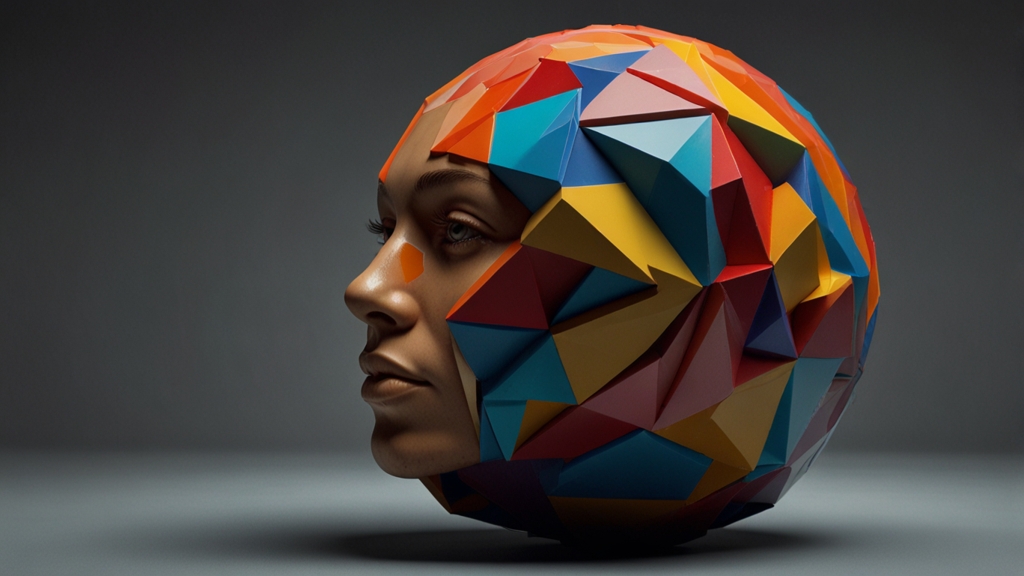Can You Handle the Pressure? Try These Tough Riddles
Riddles have been a form of entertainment and mental exercise for centuries. They test our wit, logic, and sometimes our patience. But beyond the fun, riddles can also enhance our cognitive abilities, improve problem-solving skills, and provide a great way to bond with friends and family. Do you think you have what it takes to solve some of the toughest riddles out there? Read on and find out!
The Art of Riddling
Riddles often play with language, presenting clues that can be interpreted in multiple ways. They require out-of-the-box thinking and sometimes, a child's simplicity of thought. Here's a classic example to warm you up:
I speak without a mouth and hear without ears. I have no body, but I come alive with the wind. What am I?
Simple, yet perplexing, isn't it? The answer is an echo. Riddles like this highlight the simplicity and complexity inherent in these mind games.
Challenge Yourself with These Tough Riddles
Now that you're warmed up, let's dive into some more challenging riddles. See if you can solve them without peeking at the answers!
I am not alive, but I grow. I don’t have lungs, but I need air. I don’t have a mouth, and I can drown. What am I?
Think carefully. This riddle uses metaphors to describe something we encounter in modern life. The answer is fire. Fire grows, needs air (oxygen), and can be extinguished with water.
Riddles That Will Bend Your Mind
Ready for more? These next riddles will truly test your mental flexibility and attention to detail.
What can you hold in your right hand but never in your left hand?
It's a tricky one, isn't it? The answer is your left hand. You can hold your left hand with your right, but you can’t do the opposite. This riddle plays on our physical reality and expectation.
Benefit of Solving Riddles
Solved any of the riddles yet? Whether you have or haven't, the act of trying is what's really valuable. Riddles can boost brain activity in several ways:
- Enhanced Problem-Solving Skills: Riddles push you to think differently and improve your ability to approach problems from unique angles.
- Increased Memory: Remembering riddles and their solutions can improve your memory and recall capabilities.
- Stress Relief: Focusing on something fun and challenging can help divert your mind from daily stresses.
- Better Cognitive Function: Regular engagement with riddles can keep your brain sharp and potentially ward off age-related cognitive decline.
Ready for One Last Challenge?
Let's wrap up with one final riddle. This one will require you to think laterally:
I turn once, what is out will not get in. I turn again, what is in will not get out. What am I?
If you guessed a key, you're right! This riddle revolves around the function of a key turning in a lock.
Conclusion
Riddles are more than just simple puzzles; they are exercises for the brain that can improve numerous cognitive functions and provide a delightful challenge. Whether you found these riddles easy or struggled with them, the important thing is to keep challenging yourself. Can you handle the pressure? Keep trying tough riddles to find out!










